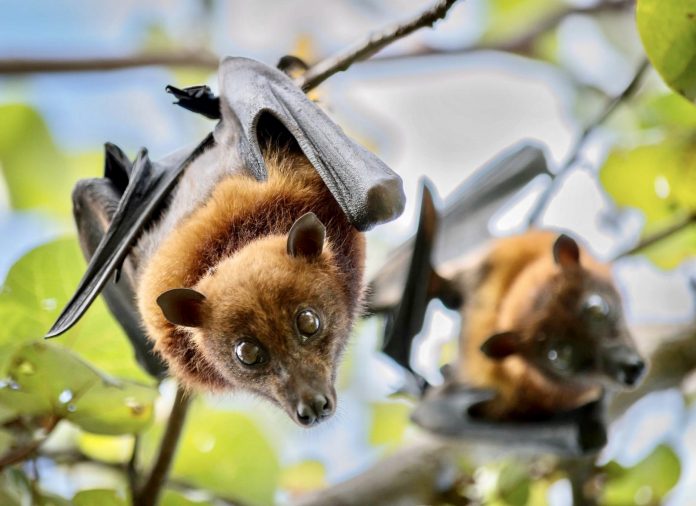You can help all animals and our planet by choosing compassion on your plate and in your glass. #GoVeg
RELATED ARTICLES
Judge Dismisses Felony Charges Against UC Berkeley Student Who Rescued Four Chickens From A Slaughterhouse
A Sonoma County judge dismissed multiple felony charges against UC Berkeley student Zoe Rosenberg, 21, who is being prosecuted for rescuing four chickens from...
The Most Endangered Species On Earth & The Race To Help Save Them From Extinction
The world is facing a crisis in biodiversity as a growing number of species are facing extinction. Among them, some are particularly at-risk of...
Victory! Maryland Bans The Use Of Elephants, Bears & Primates In Circuses & Traveling Shows
A major victory as Maryland recently made a significant stride in animal welfare by banning the use of elephants, bears, and primates in circuses...
Popular stories
News
Smalltail Shark Species Have Declined By 80% In Almost Three Decades; New Petition Seeks To Protect Them Under The Endangered Species Act
Photo by: SEFSC Pascagoula Laboratory; Collection of Brandi Noble, NOAA/NMFS/SEFSC
The Center for Biological Diversity submitted a petition this week urging the National Marine Fisheries Service...
News
New Report Challenges Claims By Whale & Dolphin Hunters In The Faroe Islands To Bring This Sickening Practice To An End!
Faroe Islands, Photo by Erik Christensen
In the wake of the latest Faroe Islands drive hunt last Friday that killed 42 pilot whales, the Animal...
News
Sickening Trophy Hunting Event In Spain Auctioned Off Hunts Of Lions, Rhinos & Polar Bears Among Other Endangered Species
Photo by Katie Cleary
Humane Society International/Europe found that at least 54 outfitters at one of the EU’s largest hunting fairs, Cinegética, were selling trophy...



